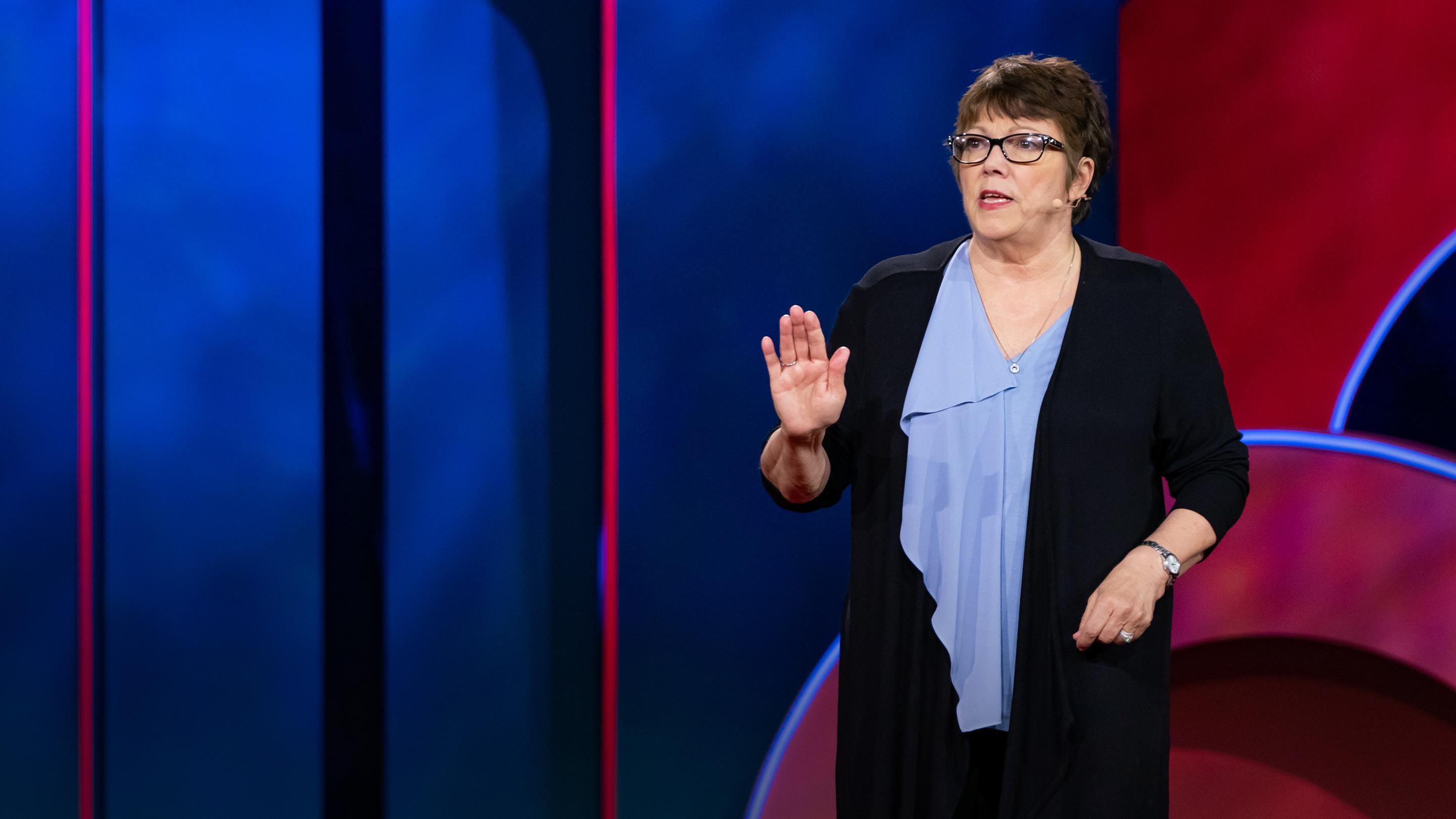She said how she couldn't go to her family, after not seeing them for a week, and pretend to be happy. She says not even their love and support could help her at that time as she helped sentence a man to death.
In Mississippi, Isonhood states that it’s like an unspoken culture. The basic logic is if a person murders someone, then they will receive the death penalty.
At first, she saw the murderer as a monster. Then, she saw him as a human being. She then began to question herself if she wanted to give the man the death penalty.
They were supposed to be the tool to reach a verdict, which only lead to the death penalty. Her head and heart were in conflict with one another. She followed along with the instructions and gave up. Isonhood states that this is the broken judicial system at work.
Isonhood felt like she was going down a rabbit hole. Anger, anxiety, guilt, depression clung to her. She eventually sought out counseling.
She called Bobby’s attorney to see him before he was executed. She expected him to be maniac. Surprisingly, he was very calm. She talked to him about life for two hours. Crazy enough, they had become friends. She also asked him to forgive her.
She was seeking out comfort and opinions of other jurors. A lot of them believed that Bobby got what he deserved. There were a few jurors that were genuinely upset about their decision.
Isonhood and others wanted to tell their stories to potential jurors so they’d know what to expect, and to tell them to not be complacent, but know where they believe and stand. They must be prepared because they don’t want to walk in as juror and leave as a murderer.
After Isonhood's experience, life taught her that if she had not served on the jury, she would still be of the same mindset. It also gave her confidence to see the eyes of her granddaughters to realize that the younger generation is capable and willing to tackle difficult social issues.
